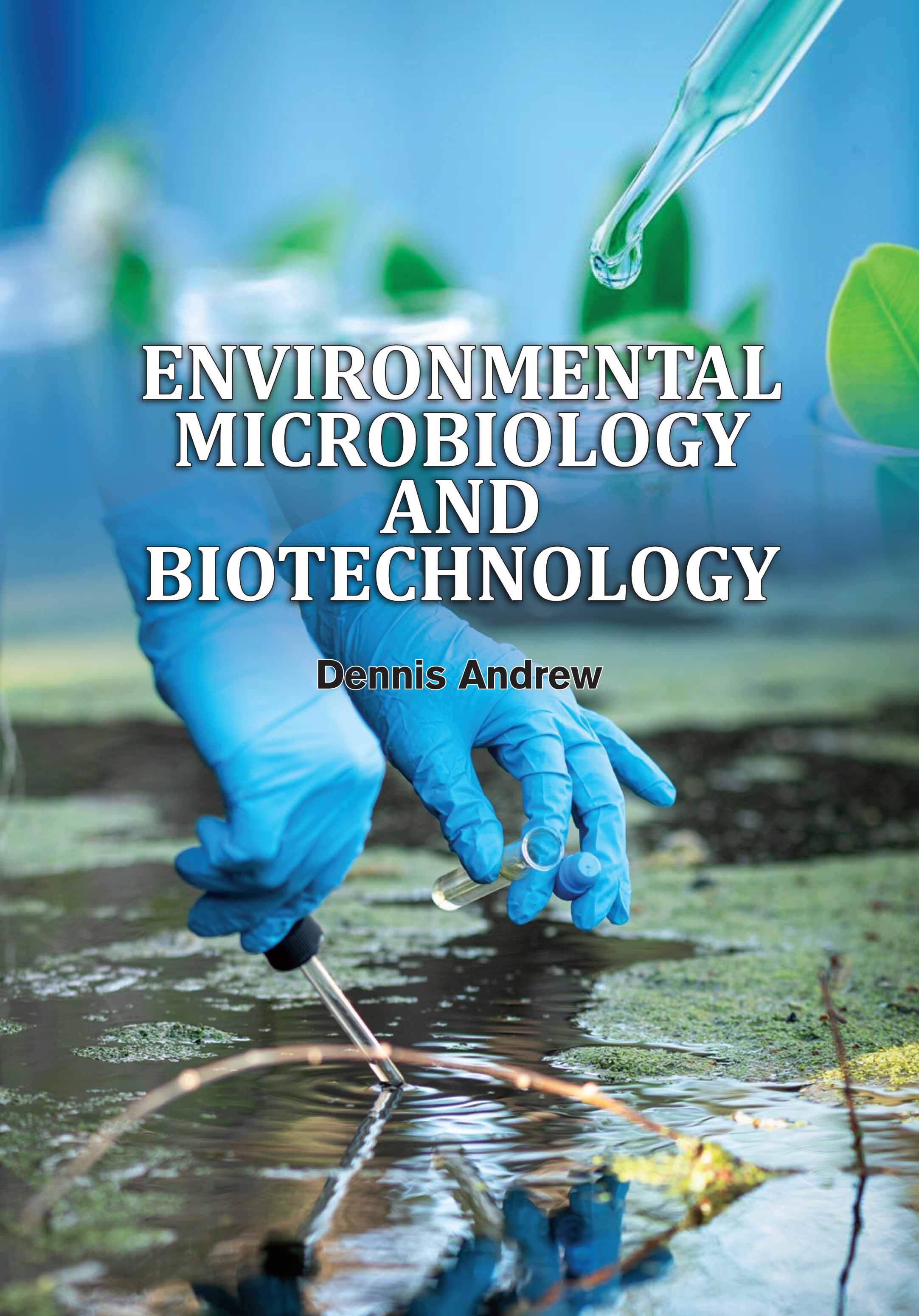
Environmental Microbiology and Biotechnology
by Dennis Andrew
| ISBN | 9781806246526 |
|---|---|
| Publisher | Digital Drive Learning |
| Copyright Year | 2026 |
| Price | $250.00 |

by Dennis Andrew
| ISBN | 9781806246526 |
|---|---|
| Publisher | Digital Drive Learning |
| Copyright Year | 2026 |
| Price | $250.00 |
Environmental Microbiology is the study of microorganisms in the environment and their interactions with natural and human-made ecosystems. It explores how bacteria, fungi, viruses, and algae affect various environmental processes, such as nutrient cycling, soil fertility, water purification, and biodegradation. These microorganisms play a crucial role in maintaining ecological balance by decomposing organic matter, recycling nutrients, and participating in symbiotic relationships with plants and animals. Biotechnology, on the other hand, uses biological organisms or systems to develop innovative solutions for industrial and environmental challenges. Environmental Biotechnology combines both fields, focusing on the application of microorganisms to address environmental issues like pollution, waste management, and resource conservation. Techniques such as bioremediation, which uses microbes to degrade toxic substances, and bioaugmentation, which enhances microbial activity to treat contaminated sites, are central to this field. Advancements in environmental microbiology and biotechnology have led to the development of sustainable technologies for cleaner production, renewable energy, and waste management. These technologies not only help mitigate environmental pollution but also promote biodiversity and ecosystem health. Through genetic engineering, microbial communities can be optimized to improve the efficiency of waste treatment or enhance the biodegradation of pollutants, making Environmental Microbiology and Biotechnology vital to preserving our planet's health and resources. Environmental Microbiology and Biotechnology explores the dynamic relationship between microorganisms and the environment, highlighting their role in addressing ecological challenges through biotechnological innovations. Contents: 1. Introduction, 2. Environmental Microbiology, 3. Eco-Friendly Biological Wastewater Treatment Solutions, 4. Environmental Risks and Sustainable Alternatives to Chemical use, 5. Sustainable Resource Extraction and Environmental Stewardship, 6. Natural Fog Harvesting for Water Conservation, 7. Environmental Challenges in a Changing Climate, 8. Environmental Chemistry.